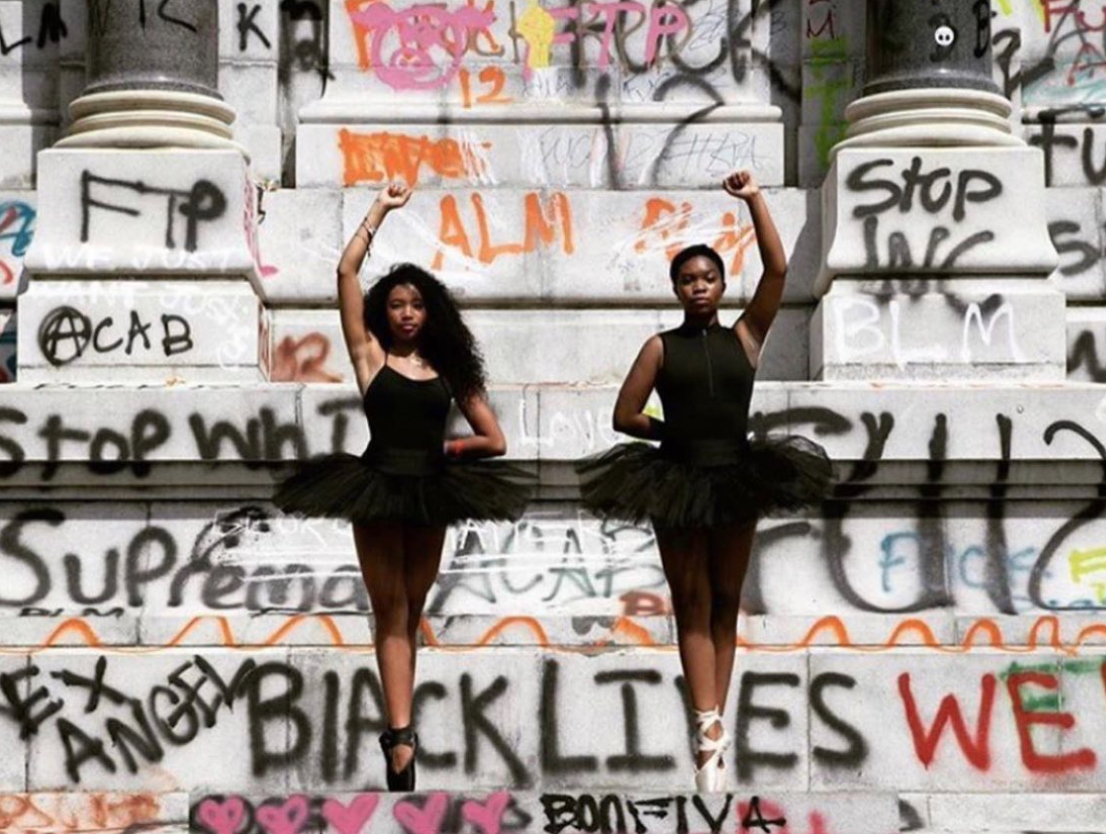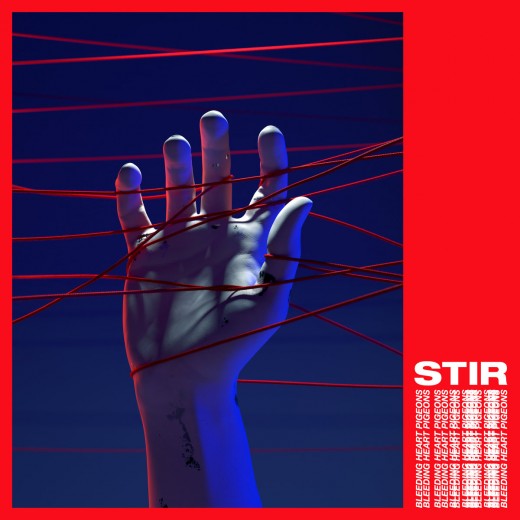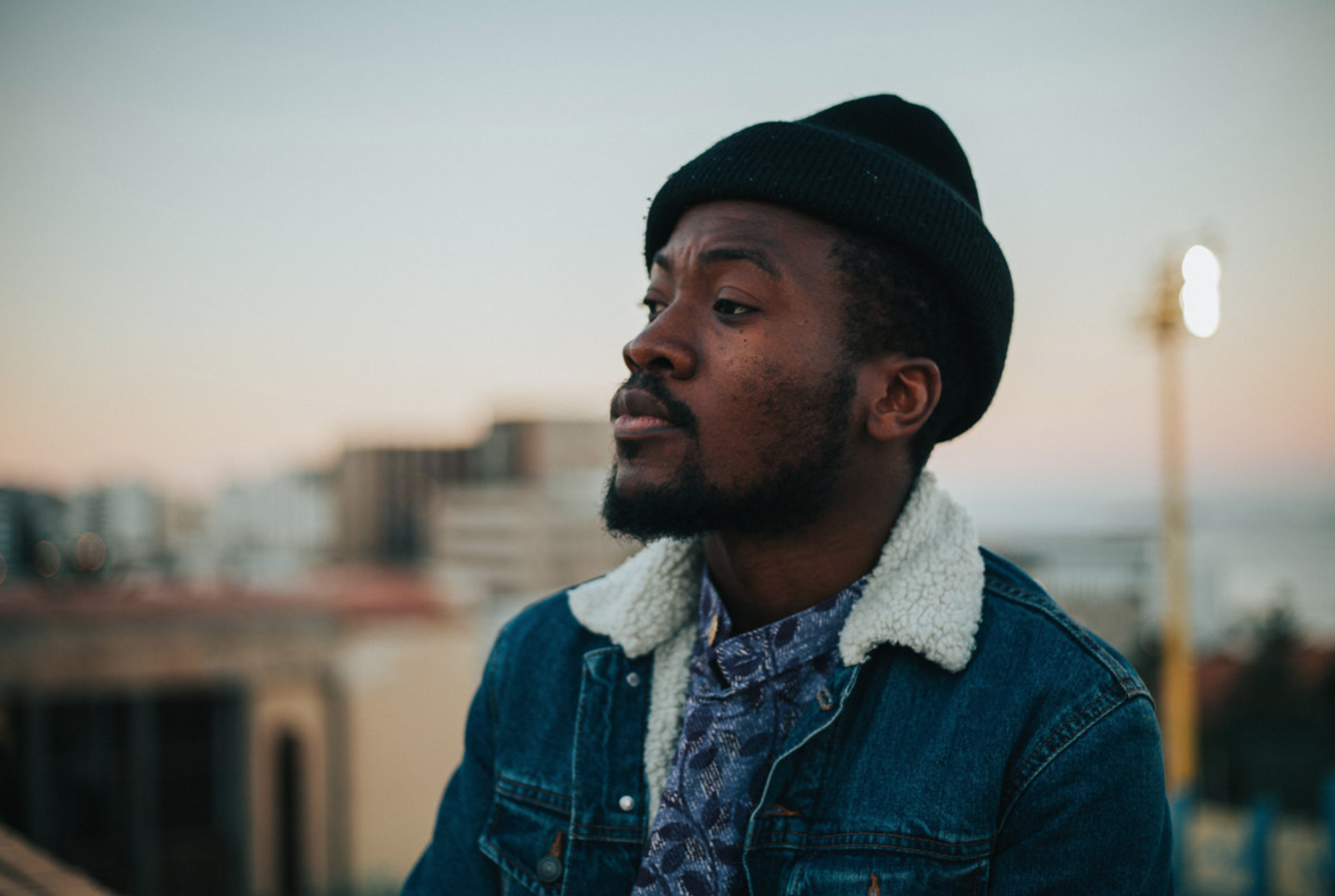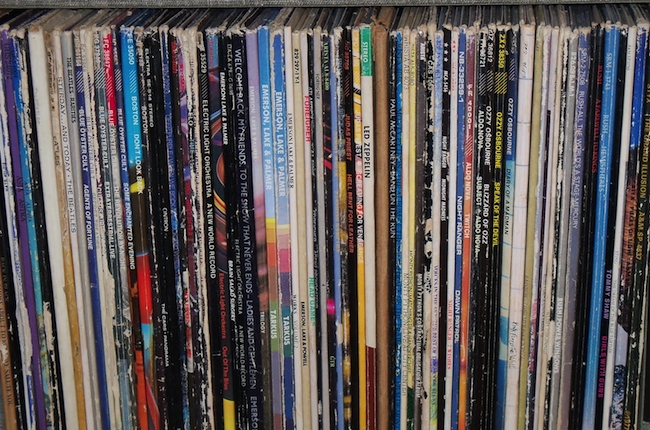In the latest installment of his column, Infinitesimal Hinge, Belfast musician, producer and writer Jamie Thompson aka James Joys reflects on the political and economic realities underlying the momentous times we find ourselves in.
Perhaps the salient characteristic of our neoliberal capitalist moment is that the people who benefit most from the orthodoxy of centuries of structurally reproduced inequalities are the ones who present themselves as the only pragmatic, electable solutions to the eruptions of discontent these inequalities spur. That our system – a festering seam of collaborators – of the expensively schooled, of finance lads, of property developers, landlords, corporate lawyers, prosecution lawyers, tech bros, dynasties of newspaper columnists, and Oxford Politics Philosophy and Economics alumni – spews up and buoys figures like Boris Johnson, Donald Trump, and Jair Bolsonaro, speaks to the brutal efficiency of our political enclosures. Political movements offering modest but significant proposals to restore basic social, economic, and racial justice are ruthlessly dispatched by a compliant class of professional brow furrowers in the media; self-ordained arbiters of the parameters of political ambition and the breadth of public discourse.
The sad state of the establishment left is embodied in the UK’s Sir Keir Starmer, who, as the Head of the Crown Prosecution Service and Director of Public Prosecutions, refused to charge police officers with the 2005 execution of Jean Charles de Menezes, shot in the back of the head seven times with expanding dumdum bullets at Stockwell tube station in London. In 2012, he declined to charge MI5 and MI6 agents with the torture and extraordinary rendition of Iraqi citizens and other people suspected of terrorism. These two moments in our recent history, and the absence of fallout, demonstrated the complicity of the media, politics, judiciary, and security services in closing ranks to protect the state and the police from scrutiny and accountability. Starmer did choose instead to introduce more detailed guidelines for prosecuting “benefit cheats”, a move celebrated widely in the British press, and which then Prime Minister David Cameron and chancellor George Osborne must have considered an oblation in honour of their programme of weaponised austerity that targeted the already economically, socially, and culturally exiled.
Is it possible to address economic and cultural fascism and all of its attendant injustices in the United States while not decoupling oneself from the lucrative rewards of the pro-Israeli apartheid lobby? Joe Biden thinks it is. But one is either anti-fascist or one is not. Is it possible to reimagine and reconstruct an economic system built and maintained for the rich to loot when your campaign’s chief economic advisor is Larry Summers? Joe Biden thinks it is. Summers’ virulent opposition to any financial regulation and advocacy for Wall Street has coloured all U.S economic policy since Ronald Reagan, and paved the way for the 2008 crash and financial bailout. Is the greatest tragedy not only that the architects of mass incarceration, corporate greed, deregulation, climate denial, and piecemeal incrementalism, are potentially being merrily led back into to the seat of power, but that people are actually dying in the streets for this? Black people are risking their lives to protest a centuries old system of grotesque, tyrannical inequality in which both political establishments have been captured by the orthodoxy of GDP, worship of militaristic strength, and the delusion of American exceptionalism, and we are witnessing, in horror, the system’s paramilitaries attacking them with of all of their monstrous artillery. In a just world Joe Biden would not be the answer.
The sad fact is all that establishment democratic centrists like Biden, Hillary Clinton, Barack Obama, and Nancy Pelosi are offering are curt tweets imploring people to ‘vote’. We must resist their implication that the solution is simply to vote in ostensibly rational, calm, assured, and responsible leadership. In this sense, Joe Biden, like Trump before him, is offering a return to the past, and no vision for the future. Instead, we must recognise, elevate, and support the emotional, physical, and intellectual labour black protestors on the streets are doing on our behalves to insert fundamental and common sense demands into the public and political consciousness. Their thinking articulates more hope than any establishment politician seems capable of.
What are these demands? Black Lives Matter’s divest/invest framework offers a way forward: Defund and demilitarise the police. Defund the military. Invest in communities: schools, libraries, healthcare, public transport, housing, and green infrastructure.
The kindness and generosity of spirit in which these demands are articulated is what we all must pay attention to and act on. What is at stake is a better world for all of us, not just the historically oppressed and disenfranchised. We must end the unquestioning funding of punitive systems and infrastructures, and divert that money to ones that nurture and stabilise communities. This type of investment is justice. If some of us can’t see that then it is our job to animate the scope and inclusiveness of these demands. We must insist and insist and insist, and build on the sacrifices that so many black people have made already with their bodies and their lives.
Lately I have read many well-meaning calls for white people to educate themselves about black history and black generational suffering under agonies of racial violence. But for real, lasting change, we must demand transformational change to our educational curriculums. Out with J.D. Salinger and in with Audre Lorde. Teach black history. It is also the story of white Europeans. Educating ourselves about our own privileges and racism must not be the preserve of already well-read black square Instagramers who can afford to dress their bookshelves with Reni Eddo-Lodge and Robin Diangelo. We should be mindful of narrowing our understanding of black culture to mean that only the stuff that speaks about racism, colonialism, slavery, and violence has value or warrants our attention as white folks seeking to understand their experiences. If we are to be allies in black struggle for basic justice and equality, then let us make visible and available the heterogeneous galaxies of black culture and black artistry, with all of their differences, divergences, disagreements, and complications. Apertures of understanding and engagement matter, and by straitening the scope of the books, art, film, TV, and music we pay attention to we risk recasting what we encounter – and therefore all of it – as reflexive and oppositional, as the art of the wounded-in-perpetuity, victims for us to pity, and always in answer to white oppression. By doing so we undermine black agency. White oppression is not the engine of black cultural expression.
Widely shared photographs of cops, dressed like storm troopers, embracing protestors, cinematic and appealing as they are, erase the complexities and struggles of protest in favour of liberal fantasies of the angelic, grateful dignity of the oppressed other and the flawed but ultimately good hearted cop. In these images we hallucinate indicators of the elusive fabled arc of the moral universe as it bends its way towards justice, and we are seduced by the possibility of coexistence, cooperation, and reconciliation. Sharing these images neutralises black outcry and scrubs away the names of black citizens murdered by the police in a viral wash of feel-good pixels. They permit us to overlook the terrible blood soaked history of the American police, whose virulent racism has been embedded in it since growing out of slave patrols founded to protect and serve the interests of the economically powerful. There is a grotesque irony that supporters of militarised, over-budgeted police forces fret more about property destruction than human lives when for centuries American law dictated that black people were property. When we view the police within an accurate historical framework as unstable, violent weaponry of institutionalised white supremacy, and we see the extreme disparities between budgets for policing and budgets for education, healthcare, housing, and public services, it becomes our moral duty to reject compromise and co-existence. We must repudiate propagandistic images that neuter black protest as easily pacified, sanitised, and non-disruptive. The whole point is disruption. Rupture. Disobedience. Disunity, until the police are disarmed, defunded, and stood down.
What Black Lives Matter protesters are offering us all is a moment for genuine revolutionary change, and the opportunity to be complicit in that.
As is becoming customary for me, I want to leave the last word to the poet Fred Moten.
“While white people may think they are being right on by opposing racism, no one will be able to embrace the mission of “tearing this shit down” until they realise that the structures they oppose are not only bad for some of us, they are bad for all of us…Racial hierarchies are not rational and ordered, they are chaotic and nonsensical and must be opposed by precisely all those who benefit in any way from them….The coalition emerges out of your recognition that it’s fucked up for you, in the same way that we’ve already recognized that it’s fucked up for us. I don’t need your help. I just need you to recognize that this shit is killing you, too, however much more softly, you stupid motherfucker, you know?”






